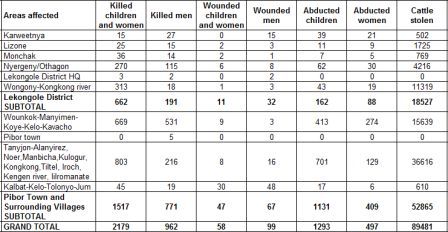UPDATED: Murle revenge attack on Luo-Nuer ‘kills 23’ in Jonglei’s Akobo County
- Adds revised death toll from 60 to 23.
- Adds number of injured and estimate for cattle raided.
January 8, 2012 (BOR) – Conflict between the Murle and Luo Nuer tribes in South Sudan’s Jonglei State continued on Sunday with the Murle accused of carrying out a revenge attack on Akobo County.
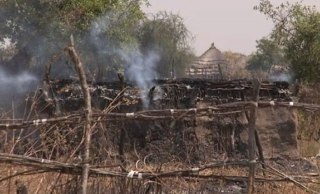
On Sunday Commissioner Joyol told Sudan Tribune that 60 had died. However, the following day when people returned after fleeing over night he revised the figure to 23. This figure has not been verified independently.
Seven people were injured and “thousands” of cattle have been looted, Joyol said.
The attack on Luo Nuer territory appears to be response to a Luo Nuer offensive into Murle territory in Pibor County that displaced up to 100,000 and killed many.
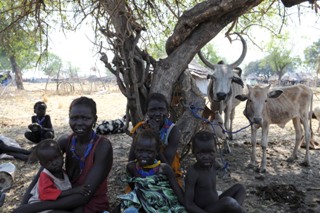
From June 2011 until the December violent counter attacks and cattle raids between the two groups had killed 1,000. The Pibor Commissioner says over 80,000 cattle were stolen in the latest raid. Cattle are a sign of status and used to pay bride price in South Sudan.
South Sudanese citizens are still highly armed as a hangover from decades of conflict and various rebellions in the region.
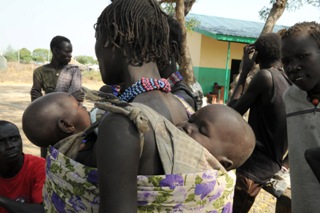
A resident of Akobo town told Sudan Tribune by phone that the attackers are advancing toward the county headquarters and are setting houses on fire.
South Sudan Red Cross director in Jonglei state, David Gai, said his volunteers are helping the wounded people.
HUMANITARIAN DISASTER
Humanitarian agencies are mounting a major emergency operation in Jonglei state with the South Sudanese government declaring it a disaster zone.
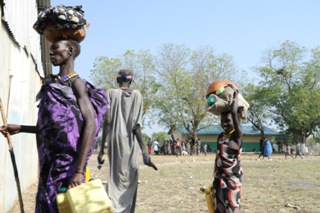
Preliminary results of assessments in hard-hit areas indicate that the most urgent needs include high-nutritional food, clean water, health care and shelter.
The United Nations (UN) Humanitarian Coordinator in South Sudan, Lise Grande, said in a statement on Saturday that the “emergency operation is going to be one of the most complex and expensive in South Sudan since the Comprehensive Peace Agreement was signed in 2005. With the exception of Boma, the areas we need to access are extremely remote and can only be reached by air”.
The most recent spike in inter-communal violence has compounded an already difficult humanitarian situation in South Sudan. In 2011 more than 350,000 people had been displaced by rebellions against the government, cattle raids and revenge attacks, according to reports by local authorities and assessment teams.
On Tuesday Grande said the death toll could be anywhere from dozens to hundreds.
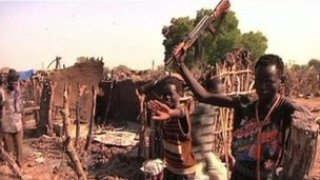
On Thursday, Herve Ladsous, the undersecretary-general for peacekeeping operations, called the situation in Jonglei “a very serious crisis”.
“I think the problem we face in this particular region of Jonglei state is one of access, because there are no roads and we have insufficient helicopters,” he told reporters following his address to the Security Council. He said the UN had reinforced its staff in the area and that the South Sudanese government should try to do the same.
(ST)
